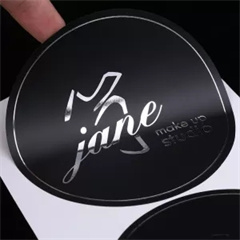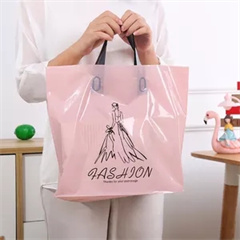Choosing the right plastic pouch depends on the specific needs and requirements of your intended use. There are various factors to consider when selecting a plastic pouch, including the material, size, closure type, and additional features. Here’s a step-by-step guide to help you make the right choice:
- Purpose and Content:
- Determine what you plan to store or package in the pouch. Is it food, personal care products, electronics, documents, or something else? Different contents may require different types of plastic pouches.
- Material:
- Consider the material of the pouch. Common materials include polyethylene (PE), polypropylene (PP), and polyethylene terephthalate (PET). The choice of material affects factors like durability, clarity, and moisture resistance.
- If sustainability is a concern, look for pouches made from recycled or biodegradable materials.
- Size and Dimensions:
- Determine the size and dimensions of the pouch needed for your items. Measure the dimensions of your contents to ensure they fit comfortably.
- Consider the capacity and volume required. Some pouches are designed for small items, while others can hold larger quantities.
- Closure Type:
- Select a closure type that suits your needs:
- Ziplock or Resealable Closure: Ideal for items that need to be accessed multiple times while keeping the contents fresh.
- Heat Seal: Used for items that require airtight or tamper-evident sealing, such as food or pharmaceuticals.
- Slider Closure: Offers easy opening and closing and is commonly used for storage and travel pouches.
- Press-and-Seal Closure: Provides a quick and secure way to seal pouches without the need for heat sealing.
- Select a closure type that suits your needs:
- Clarity and Visibility:
- Consider the clarity of the pouch. Clear pouches are great for items that need to be easily visible, while opaque pouches offer more privacy.
- Thickness and Strength:
- The thickness of the plastic pouch determines its strength and durability. Thicker pouches are better for heavier or sharp-edged items.
- Additional Features:
- Some pouches come with extra features like hang holes for display, tear notches for easy opening, or printing options for branding and labeling.
- Environmental Impact:
- If environmental sustainability is important to you, look for pouches made from recyclable materials or those that can be easily recycled.
- Consider eco-friendly options like pouches made from biodegradable or compostable materials.
- Regulatory Compliance:
- Ensure that the chosen pouch complies with any regulatory requirements or standards relevant to your product, especially if you are packaging food, pharmaceuticals, or other regulated items.
- Quantity and Cost:
- Determine how many pouches you need and consider your budget. Buying in bulk may be cost-effective, but be mindful of storage space.
- Brand and Supplier:
- Choose a reputable brand or supplier known for quality and reliability.
- Testing:
- If you are unsure about the suitability of a pouch for your specific needs, consider ordering a sample to test before making a larger purchase.
By carefully considering these factors, you can choose the right plastic pouch that best suits your needs and ensures the safe and efficient packaging or storage of your items.








